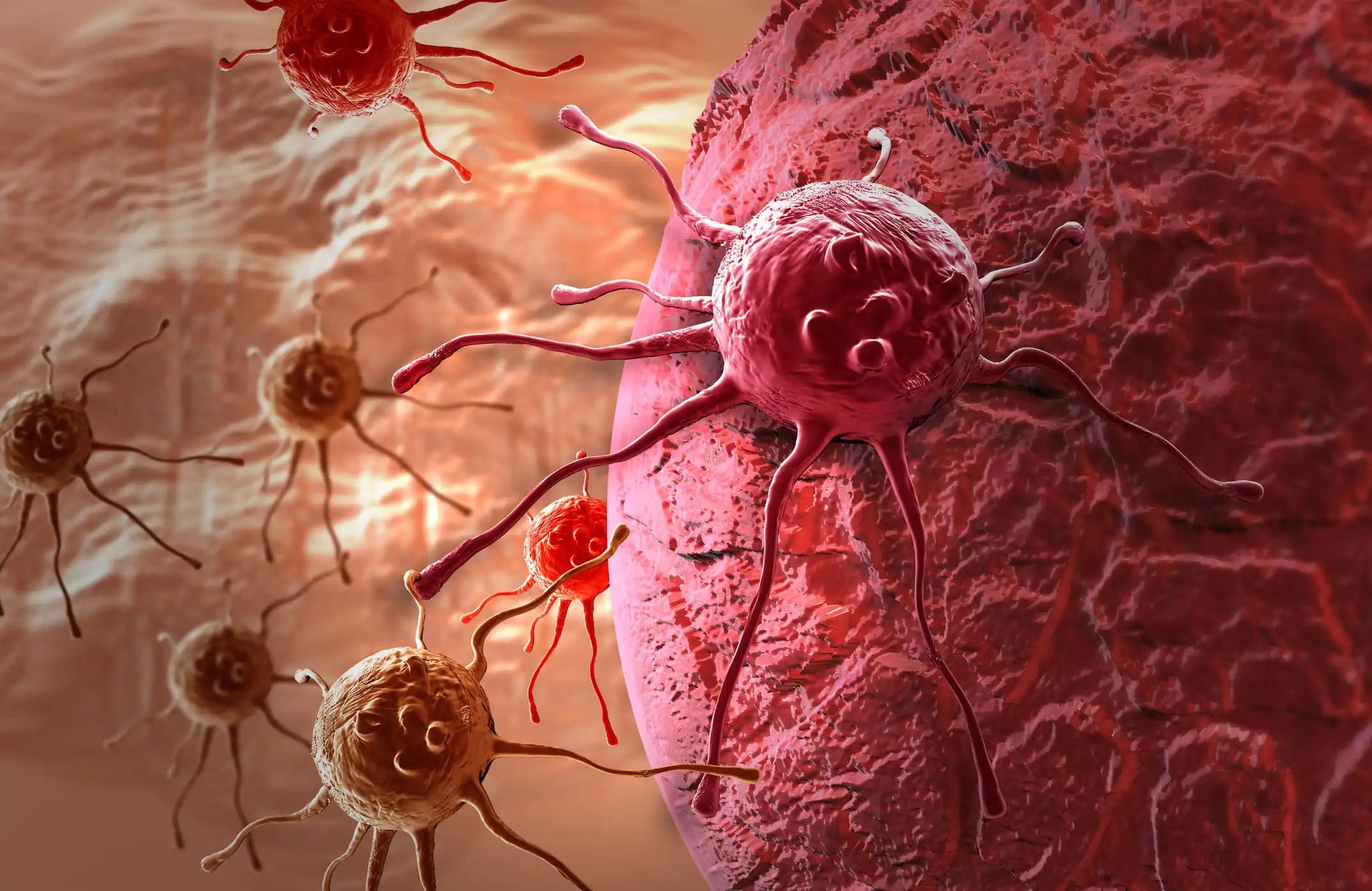KEY TAKEAWAYS
- The study aimed to investigate the impact of bevacizumab and Gamma Knife radiosurgery on PFS and OS in first-rGBM patients.
- The combination of bevacizumab and concurrent stereotactic radiosurgery showed survival benefits in rGBM patients.
Glioblastoma (GBM), the most prevalent form of brain cancer in adults, persists as a challenging disease despite advancements in surgical, radiation, chemotherapy, and tumor treating field therapies. Recurrent glioblastoma (rGBM) lacks a defined standard of care post-initial treatment failure.
Jeff F. Zhang and the team aimed to assess the comparative impact of bevacizumab and Gamma Knife radiosurgery on progression-free survival (PFS) and overall survival (OS) among patients experiencing first-recurrence of GBM.
The study performed a retrospective review of all patients diagnosed with rGBM who received treatment involving bevacizumab and/or Gamma Knife radiosurgery at Roswell Park Comprehensive Cancer Center from 2012 to 2022. Mean PFS and OS were calculated for three treatment groups: Bevacizumab Only, Bevacizumab Plus Gamma Knife, and Gamma Knife Only.
Patients receiving combined treatment exhibited extended post-recurrence median PFS (7.7 months) and median OS (11.5 months) surpassing reported literature for glioblastoma patients. They also demonstrated enhanced total PFS (P=0.015), total OS (P=0.0050), post-recurrence PFS (p=0.018), and post-recurrence OS (P=0.0082) compared to those receiving bevacizumab or Gamma Knife as monotherapy.
The combination of bevacizumab with concurrent stereotactic radiosurgery demonstrates improved survival outcomes in rGBM patients. No funding was provided for this research.
Source: https://link.springer.com/article/10.1007/s11060-023-04524-y#Fun
Zhang JF, Okai B, Iovoli A, et al. (2023) ‘’Bevacizumab and gamma knife radiosurgery for first-recurrence glioblastoma.’’ J Neurooncol 166, 89–98 (2024). https://doi.org/10.1007/s11060-023-04524-y



